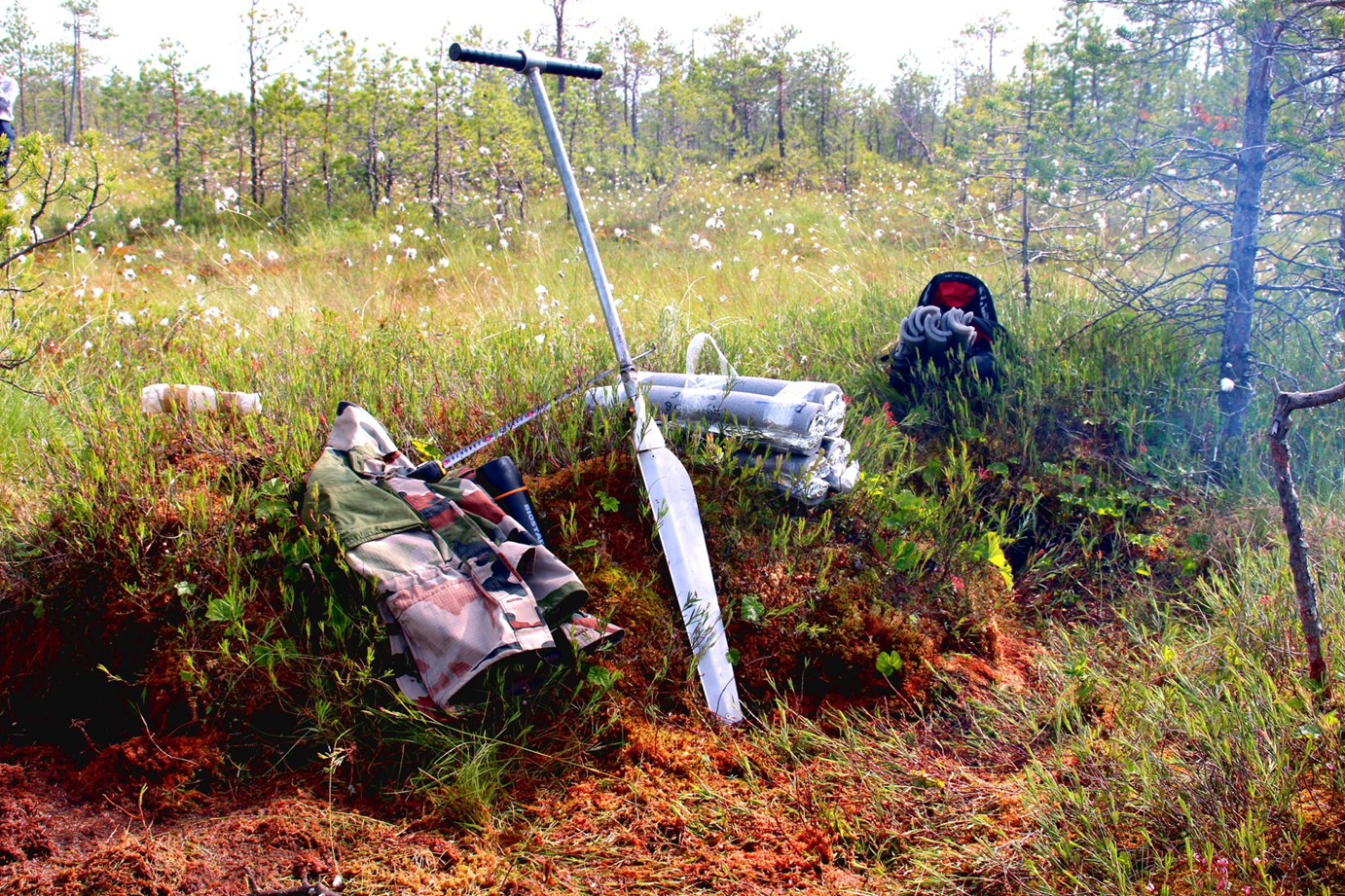
Peatlands in the
world store large amounts of carbon and are at the same time important for conservation
of biodiversity. Peatlands are space-effective carbon stocks but when drained
carbon and nitrogen are released as greenhouse gases to the atmosphere and as
nitrate to the surface water while methane especially may be released when
rewetting. The above-described mentioned knowledges are derived from both
modern peatland studies and palaeostudies. Peatlands are perfect ecosystems for
palaeostudies due to the fact that they have a unique opportunity to save any
micro and macro residues which serve as a reliable proxy for the reconstruction
of climatic parameters, regional and local vegetation, as well as indicators of
carbon balance during the Holocene. An understanding of mechanisms of peatland
formation, genesis and its role in planetary life is critical for making
further climatic forecast and human strategy development in a fast climate
change scenario.
- Преподаватель: Kirill Babeshko